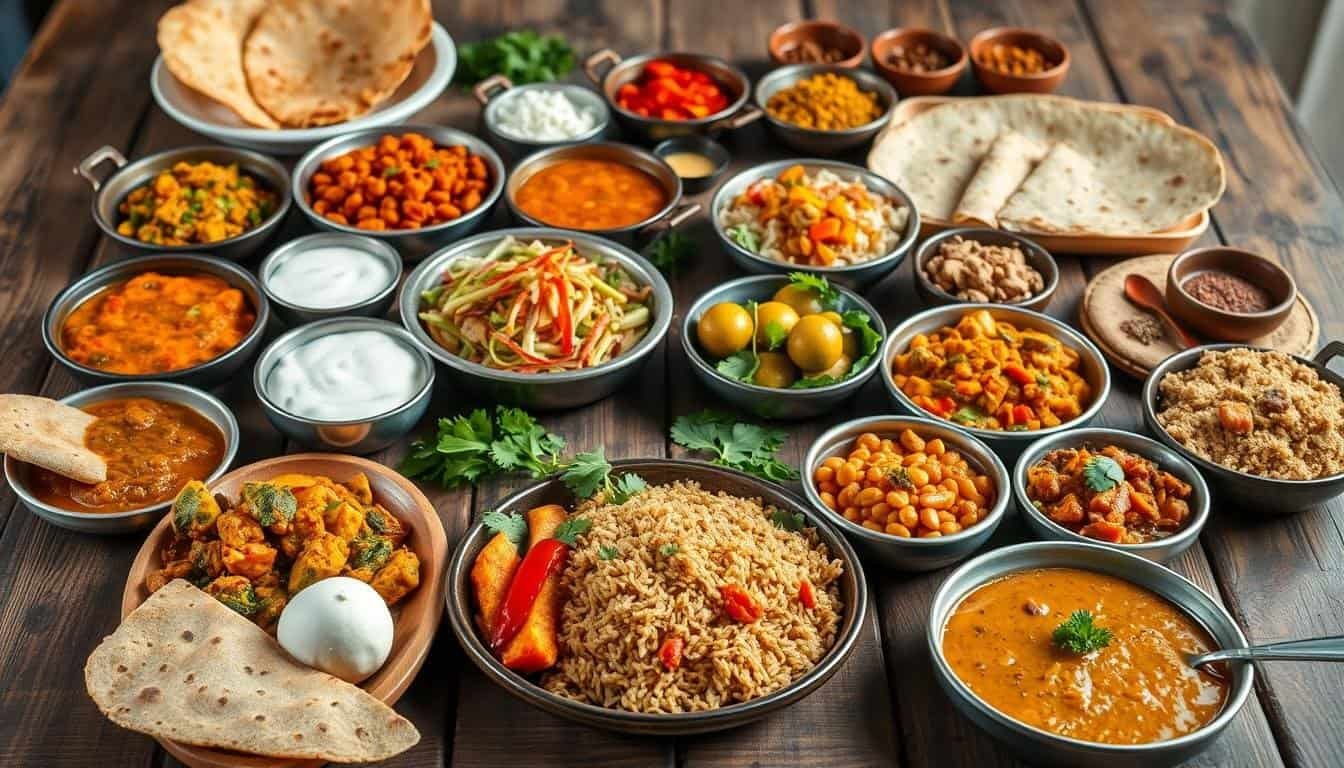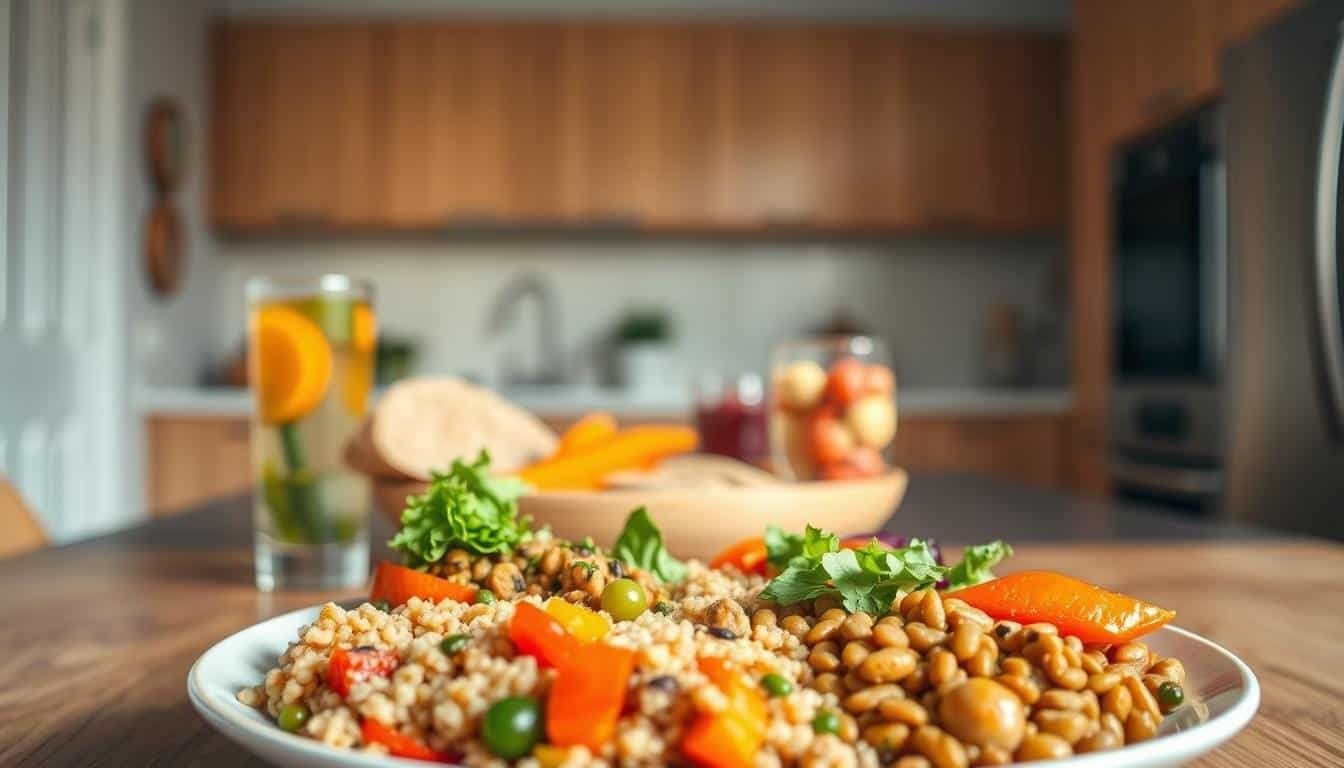Imagine sitting under the warm Mediterranean sun, surrounded by fresh vegetables, aromatic herbs, and the gentle sound of waves. This is where the Mediterranean diet comes to life, offering a pathway to healthier living through simple, wholesome foods.
This dietary approach focuses on natural, minimally processed ingredients. It’s not just about eating—it’s about embracing a lifestyle that promotes overall well-being. By centering your meals around fruits, vegetables, whole grains, and healthy fats, you can enjoy delicious food while nourishing your body.
At the heart of this diet are ingredients like extra virgin olive oil, fresh vegetables, and an array of whole grains. These components work together to create balanced eating patterns that support heart health and reduce the risk of chronic diseases. If you’re just starting out, a Mediterranean style diet food list can be incredibly helpful, giving you a clear picture of what staples to keep in your kitchen—such as legumes, nuts, herbs, fish, and yogurt.






